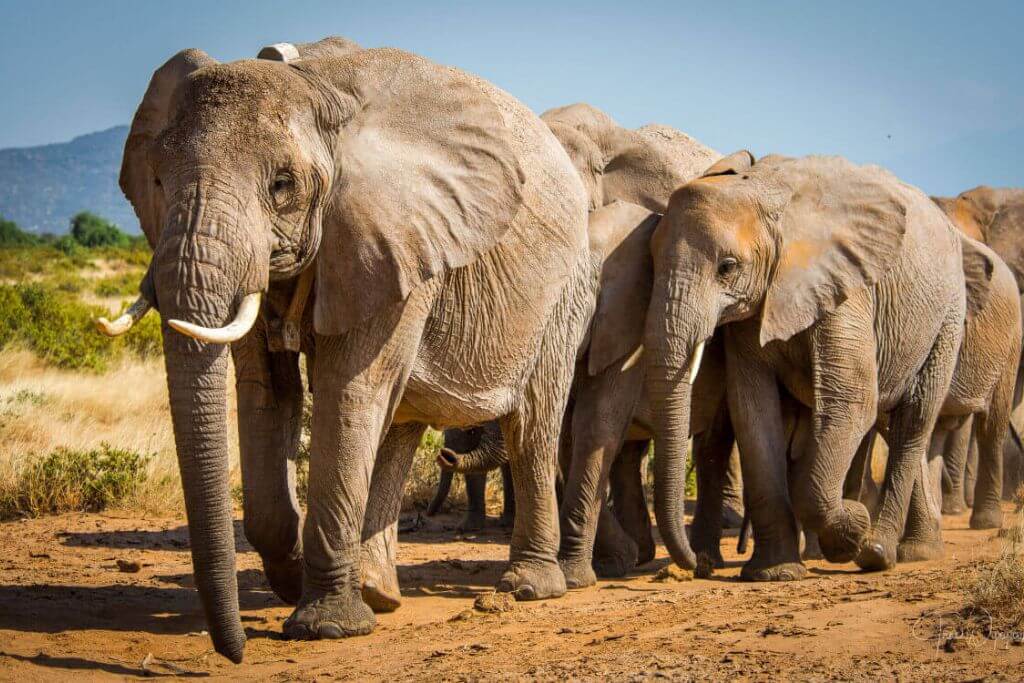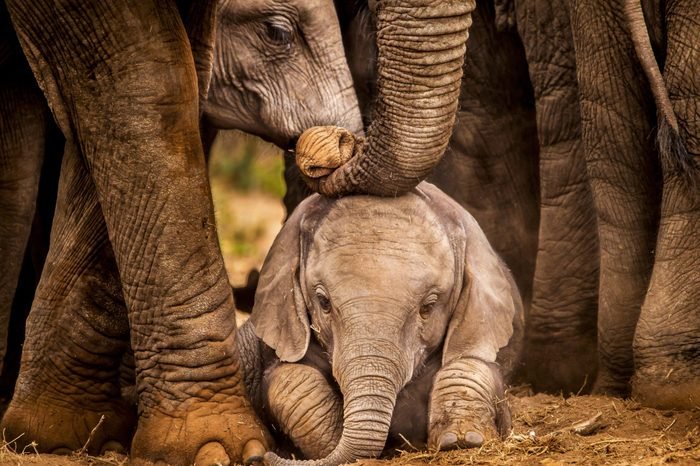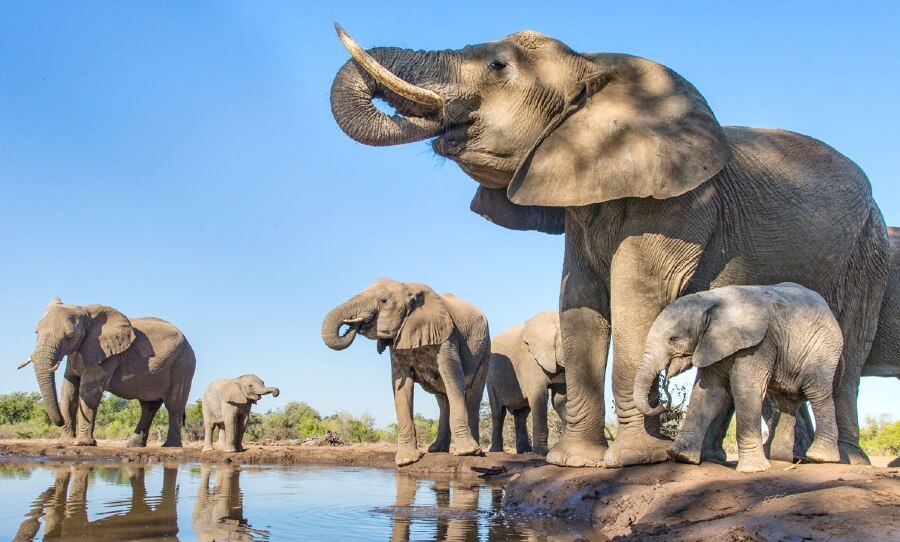According to an official assessment released by the International Union for Conservation of Nature (IUCN) for its Red List of Threatened Species, the world’s most comprehensive inventory of extinction risk, savanna elephants are endangered, and forest elephants are critically endangered. Thus, both African elephant species are now endangered.
African Elephants Are Now Classified As Critically Endangered

Elephants have long been associated with either Africa or Asia. However, there are two types of African elephants: The savanna elephant is larger, has curving tusks, and roams Sub-Saharan Africa’s open plains. The forest elephant is a smaller, darker elephant with straight tusks that lives in the equatorial forests of Central and West Africa.
The African forest elephant (Loxodonta cyclotis) is now listed as Critically Endangered, and the African savanna elephant (Loxodonta africana) is listed as Endangered on the IUCN Red List of Threatened Species. Prior to today’s update, African elephants were classified as a single species, Vulnerable; this is the first time the two species have been assessed separately for the IUCN Red List as a result of new genetic evidence.
According to the most recent estimates, African elephant numbers are declining across the continent. According to the assessments, the population of African forest elephants has decreased by more than 86% over the last 31 years, while the population of African savanna elephants has decreased by at least 60% over the last 50 years.
Read more Baby elephant’s adorable struggle to escape a mud bath in South Africa
What Is Killing African Elephants?

Poached For Ivory
Despite an international ivory trade ban, African elephants are still being poached in large numbers. Every year, tens of thousands of elephants are slaughtered for their ivory tusks. Ivory is frequently carved into ornaments and jewelry, with China being the largest consumer market for such items.
After years of unprecedented poaching, CITES (Convention on International Trade in Endangered Species of Wild Fauna and Flora) imposed an international trade ban in 1989. In the 1980s, an estimated 100,000 elephants were killed each year, with up to 80% of herds lost in some areas.
The ban enabled some populations to recover, particularly in areas where elephants were adequately protected.
However, due to increased demand in Asia, there has been an increase in poaching and illegal ivory trafficking in recent years, resulting in steep declines in forest elephant numbers and some savannah elephant populations.
In some countries, insufficient anti-poaching capacity, weak law enforcement, and corruption undermine efforts to combat poaching and trafficking.
Habitat Loss And Conflict With Communities
Most elephant habitat remains outside protected areas, and the rapid growth of human populations, as well as the expansion of agriculture into previously unsuitable rangelands and forests, means that elephant habitat is continuing to be lost.
Increasing Conflict With People
More land is being converted to agriculture as human populations grow. As a result, elephant habitat is shrinking and fragmenting, and people and elephants are increasingly coming into contact – and conflict – with one another.
Elephants will sometimes raid farmers’ fields, causing crop damage, affecting farmers’ livelihoods, and even killing people. Elephants are occasionally killed in retaliation.
With human populations expanding across their range, habitat loss and degradation, as well as conflict with communities, will continue to be major threats to elephant survival.
Related post Asian Elephant Vs African Elephant: Did You Know The Difference?
